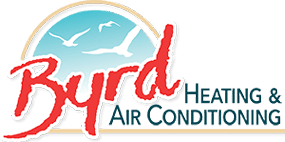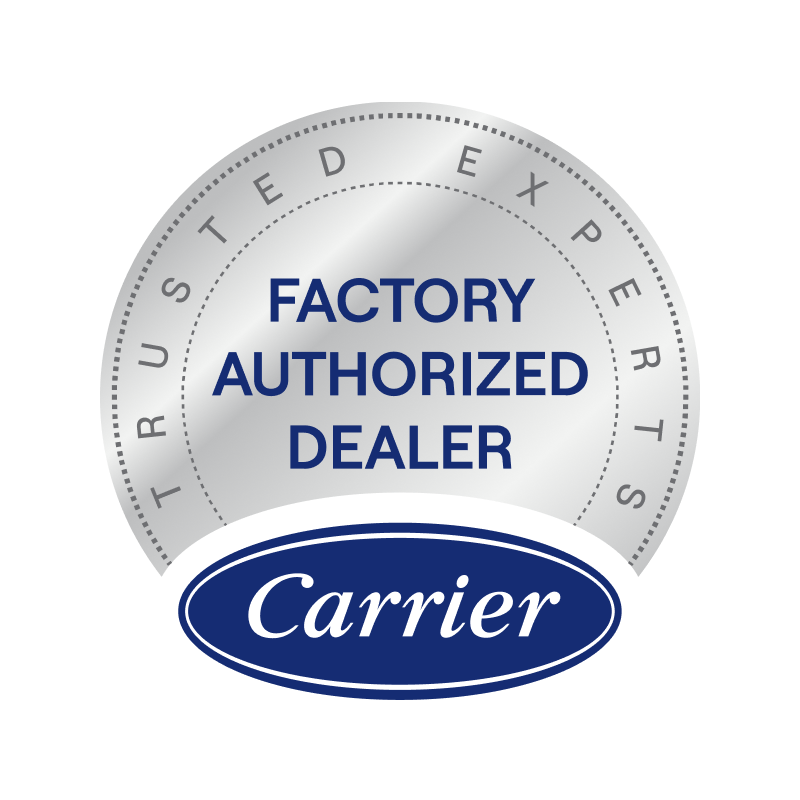Is your air conditioning system limping along barely keeping your home comfortable this summer or are you worried that your furnace is on its last legs and might not make it many more years? If you think that you are going to have to make a big investment in replacing your heating and cooling systems any time in the next few years, this fall is probably the best time to go ahead and do it. If you buy qualifying equipment, you can get the federal government to chip in a sizable portion of your costs via energy efficiency tax credits. But, you need to act quickly because some of the best tax credits for homeowners like you are set to expire at the end of 2013.
The legislation that President Obama signed in January to avoid the “fiscal cliff” included an extension of energy efficiency tax credits that had expired at the end of 2011 to make them effective for all of 2012 and 2013. So, check with your tax advisor to see if you qualify retroactively for energy tax credits for any work you had done on your house in 2012, and go ahead and plan to make needed improvements this year while the credits are still available. There are some individual lifetime limits that apply to energy tax credits, so ask your accountant how those might affect any work you plan to have done on your home this year.
Energy tax credits are available for several categories of equipment and materials. The rules vary in terms of applicability to principal residences, second homes, rentals and existing or new construction, so be sure the project you have in mind qualifies before you include the energy tax credits in your economic calculations.
The energy tax credits are not limited to traditional heating and air conditioning equipment, but also include items such as insulation, energy-efficient windows and roofing materials, biomass stoves, solar panels and geothermal heat pumps. The energy tax credits for some of the more expensive projects such as solar energy systems and residential fuel cells do not expire until the end of 2016.
Following is a basic outline of air conditioning and heating equipment that qualifies for energy tax credits which expire at the end of 2013. The HSPF, AFUE, SEER and EER numbers refer to industry-standard ratings that indicate the energy efficiency of the rated equipment. The tax credit is for 10 per cent of the cost up to $500, unless a lower limit is specified. These credits apply only to work done on your existing principal residence, not to second homes, rentals or new construction:
- An advanced main air circulating fan that consumes no more than 2 percent of your furnace’s total energy use qualifies for a credit up to $50.
- Air source heat pumps qualify for a credit up to $300 if they meet the following requirements: for split systems, HSPF at least 8.5, EER at least 12.5 and SEER at least 15; for package systems, HSPF at least 8, EER at least 12 and SEER at least 14.
- A tax credit up to $300 for central air conditioning systems that meet these standards: for split systems SEER at least 16 and EER at least 13; for package systems SEER at least 14 and EER at least 12.
- A tax credit up to $150 for a propane, natural gas or fuel oil furnace or hot water boiler with an AFUE of at least 95.
If you are planning to replace or upgrade your cooling and heating systems, be sure to look at other things you can do to improve your home’s energy efficiency that might reduce the size of the new HVAC equipment you need. Investments in additional insulation, energy efficient windows, ductwork repairs, heat-reflecting roofing or landscaping designed for summer shading can all reduce your cooling and heating loads and reduce the up-front cost of your HVAC equipment while lowering your monthly energy bills.
Contact us at Byrd Heating & Air Conditioning, Inc. with any questions you have about energy tax credits for replacing or upgrading your home’s cooling and heating equipment. We can help you figure out which equipment qualifies for tax credits and we can help you plan the best ways to improve your home’s energy efficiency without sacrificing your family’s comfort. We work with homeowners and businesses throughout the Savannah area. We are experts at installing and maintaining equipment that is suited to our unique coastal climate.

